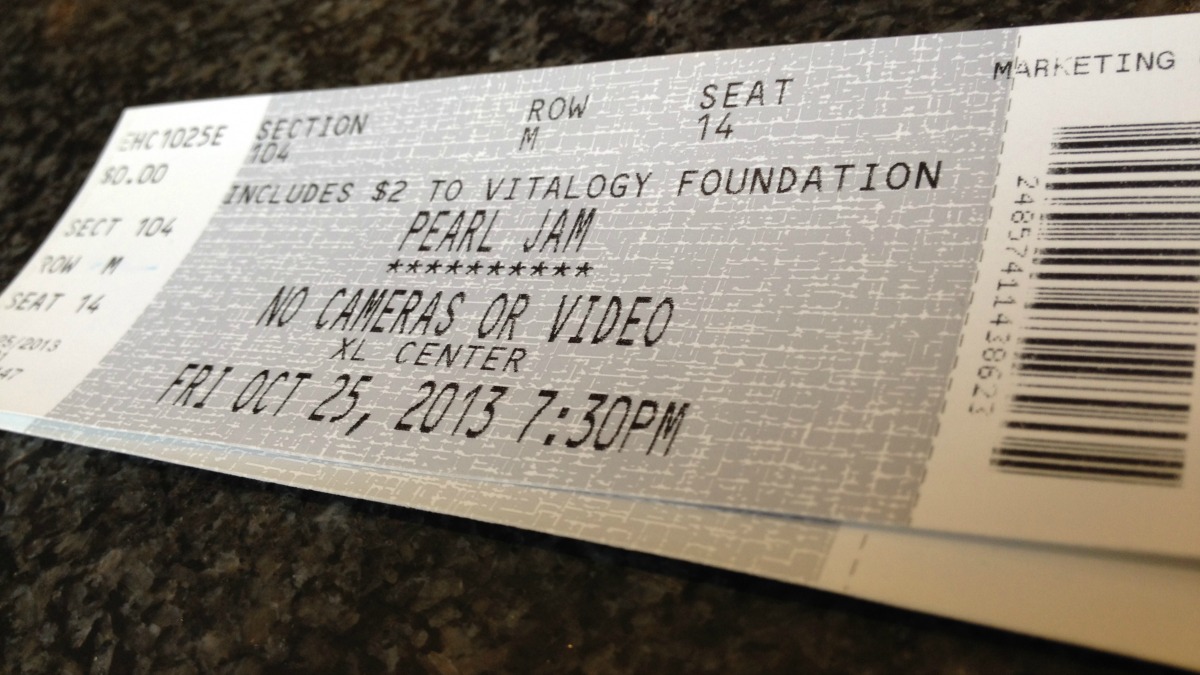After Ticketmaster’s merger with Live Nation, there’s been an increased concern with the company.
When Ticketmaster and Live Nation merged in 2010, federal regulators issued consent decrees, or guidelines, for how the companies could operate.
Senator Richard Blumenthal says the fallout from the Taylor Swift ticket sales shows a larger issue with the company, and that those consent decrees aren’t being enforced strongly enough.
“It has dominance in sponsorships, advertising, venues, artist management. It controls this industry,” Blumenthal said on Monday.
The senator says he hopes to have a congressional hearing over the company’s practices this December, and enforcement of consent decrees issued in 2010 and 2020.
Get top local stories in Connecticut delivered to you every morning. Sign up for NBC Connecticut's News Headlines newsletter.
In a statement, Live Nation denies any wrongdoing and cites a competitive market for event sales:
“Live Nation takes its responsibilities under the antitrust laws seriously and does not engage in behaviors that could justify antitrust litigation."
The company goes on to say it has a large share of primary ticket sales “because of the large gap that exists between the quality of the Ticketmaster system and the next best primary ticketing system.”
Local
The landscape of online ticket sales is complex. Brian Marks from the University of New Haven says system capability does play a role in Ticketmaster’s share of the event industry.
“And the question always comes up, ‘Do I build it and do it in house for myself, or do I outsource?” Marks said. “And you're looking for certain efficiencies, and that's why we see StubHub, Ticketmaster, those enterprises have grown because they provide a level of infrastructure that individual event venues cannot construct for themselves.”
He says a solution like having more than one vendor sell tickets for the same event could be possible, but it would be problematic getting the two systems to merge.
Marks adds that lawmakers are interested in what happened because it involves interstate commerce. He says there should be a review of the company to get a true picture of the ticket sale landscape and an understanding of how the consent decree guidelines are being followed.
“At least, let's explore and unpack the problem and understand truly what's transpiring here, throughout the whole ecosystem,” Marks said.
Part of that review could be a better understanding of why people choose certain ticket servicers.
“I suspect that would be a worthwhile question that could come up in the course of a congressional exploration. Why are people picking the venues they are picking, why are people selecting the online ticket platforms they're picking? And what are we trying to achieve in the course of that selection?” Marks asked.
“What were [Swift’s] objectives? I'm sure one of them was Ticketmaster guaranteed or warranted that they'd be able to handle the volume and the infrastructure associated with that," he continued.
There are other smaller competitors in the event industry. Shubert Theater in New Haven has found a way to cater the experience of its customers using a more robust online system.
“So, for us, it is definitely a benefit to not have any other entity somewhat dictating to us how, when, where or how much, we have to sell our inventory,” Executive Director Anthony McDonald said.
The platform allows the theater to not only sell tickets, but accept donations, manage email marketing and personalize in-theater purchases.
“Box offices can see ticketing aspects, development can see development aspects and some of the purchase history, marketing can see the contact information in order to send out those emails,” McDonald explained.
Marks says smaller companies are competitors in the event industry field and it’s something to keep in mind moving forward.
“While there may not be hundreds of competitors, it does not mean the market is not necessarily competitive,” Marks said. “And that while it may warrant an exploration, given the circumstances, we do not want to conclude simply because the market structure sees one dominant player and a couple of other smaller players, that in one sense, consumers are being harmed.”



